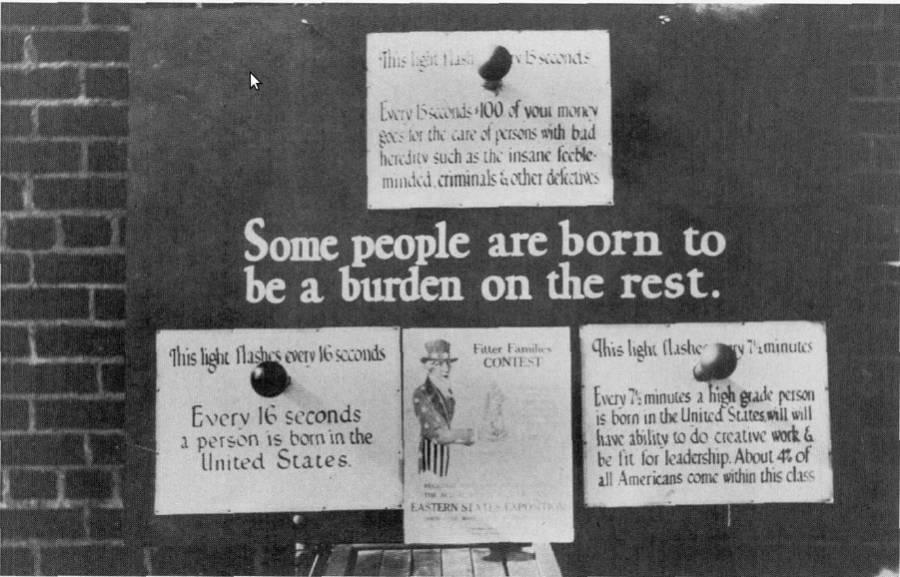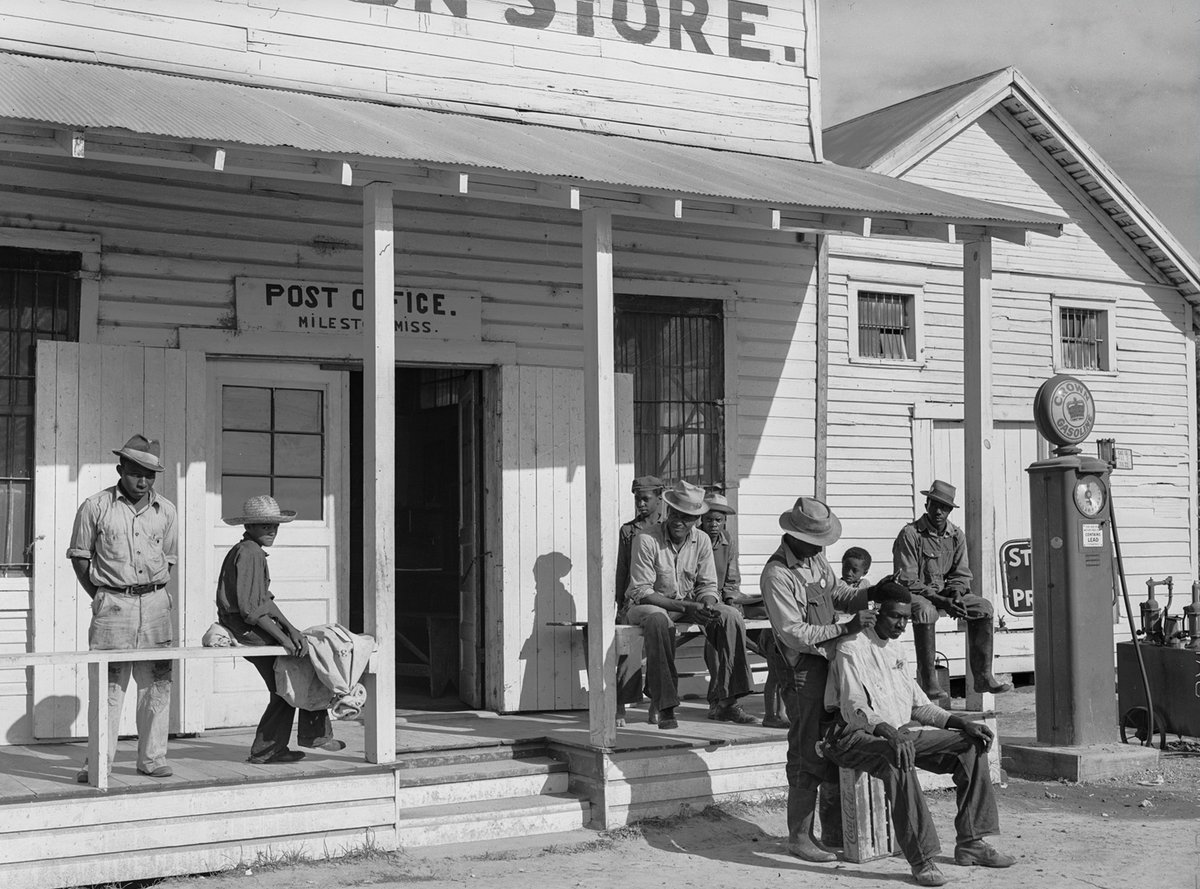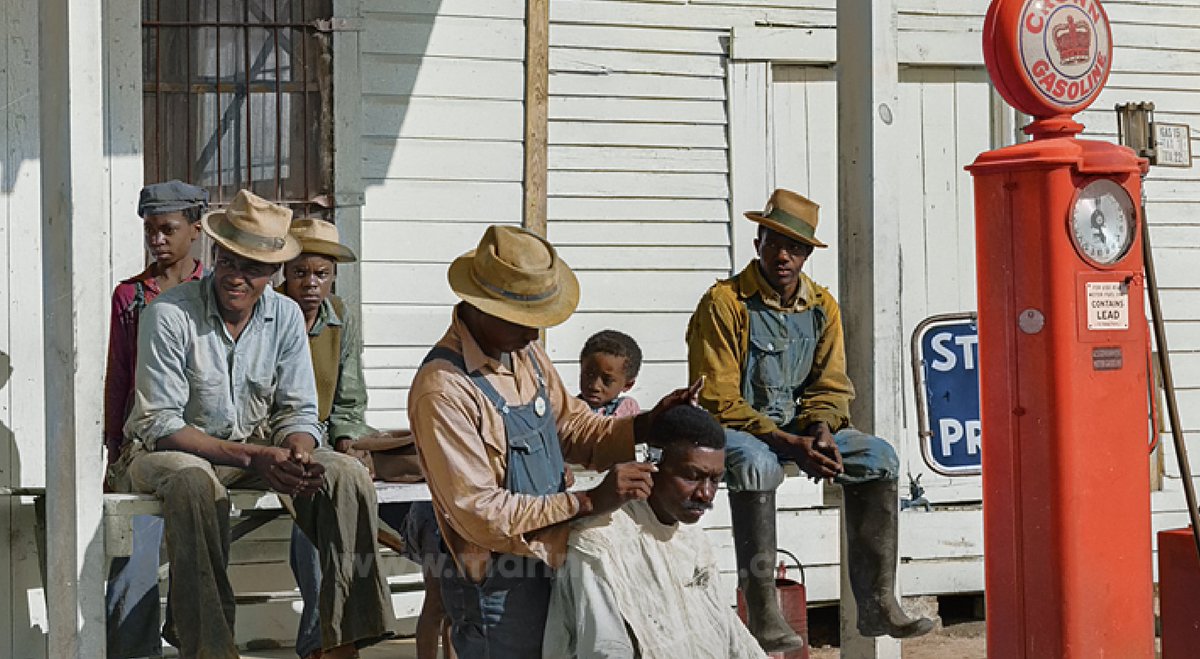
[Thread] These images document a time when those with "undesirable genetic traits" were sterilized or killed in order to 'cleanse' society. 



Photographs of 'human races,' organized to suggest a common trait shared by 'primitive' Australians, Africans, and Neanderthals. 

A photograph of a child with a cleft lip, taken to demonstrate the type of child that should be kept from breeding. London, 1912.
Source: dailymail.co.uk/sciencetech/ar…
Source: dailymail.co.uk/sciencetech/ar…

A photograph from the Eugenics Society showing a family with the 'lobster claw' deformity, meant as a demonstration of a hereditary defect in 1912.
A mental institution in Illinois euthanized its patients by deliberately infecting them with tuberculosis.
A mental institution in Illinois euthanized its patients by deliberately infecting them with tuberculosis.

In the 20th century, intellectual disability was called “feeblemindedness” and it was separated into categories: 

Early supporters of eugenics believed people inherited mental illness, criminal tendencies and even poverty, and that these conditions could be bred out of the gene pool.
history.com/topics/germany…
history.com/topics/germany…
• • •
Missing some Tweet in this thread? You can try to
force a refresh















